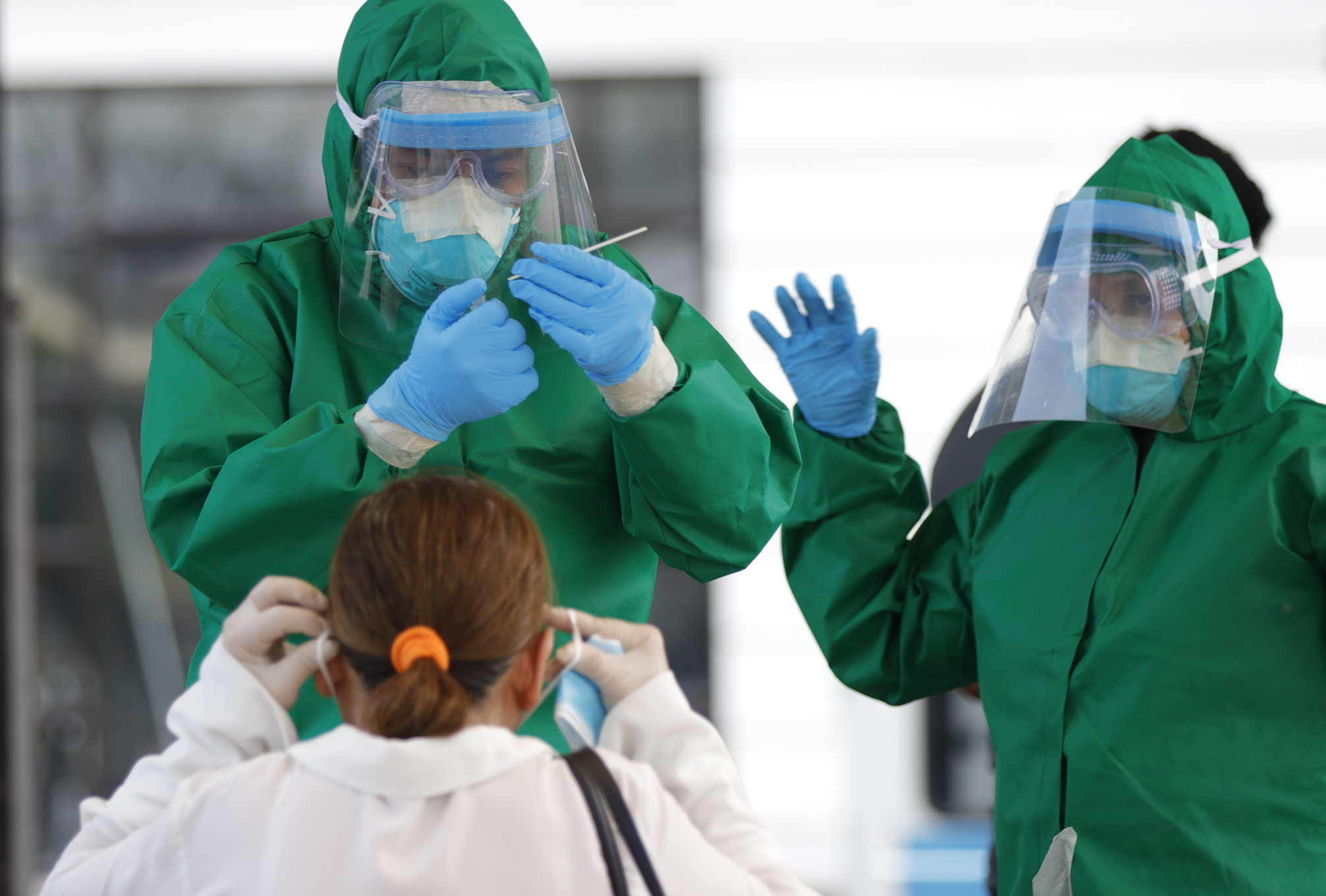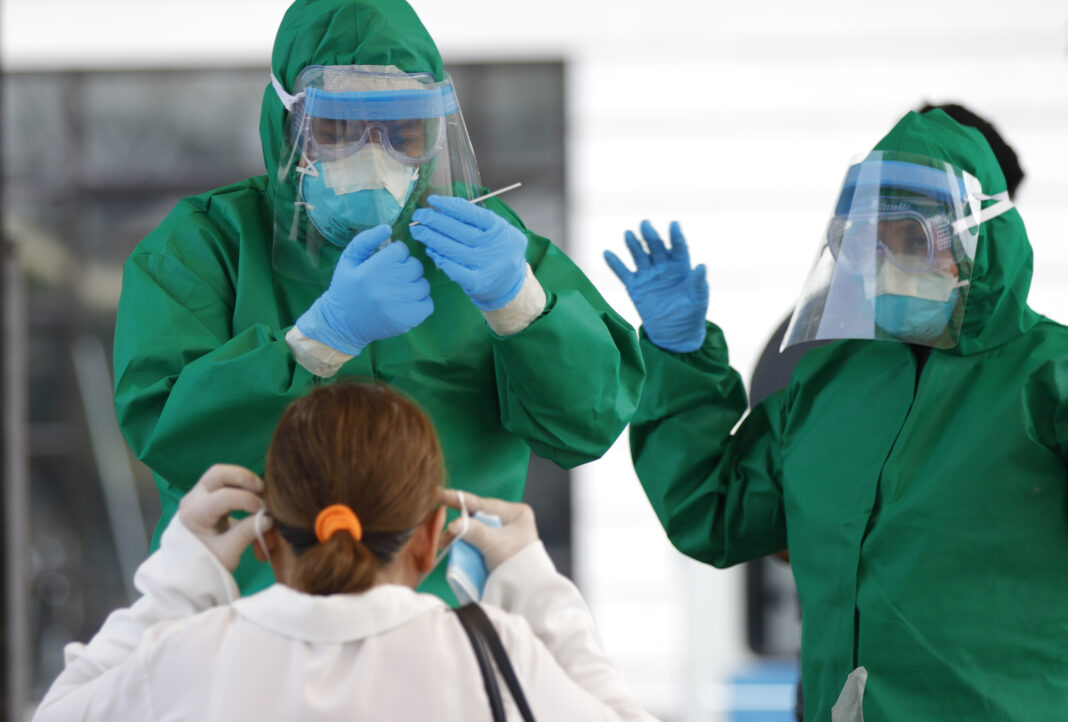
AN additional 55 Delta variant cases were detected by the University of the Philippines – Philippine Genome Center (UP-PGC) in the latest batch of whole genome sequencing, the Department of Health (DOH) reported on Sunday, amid fears that Covid-19’s more transmissible variant is fast spreading. The new batch brings the total Delta variant cases to 119.
The DOH said 94 Alpha (B.1.1.7) variant cases, 179 Beta (B.1.351) variant cases, and nine of the P.3 variant cases were also detected.
Of the 55 new Delta variant cases, 37 are local cases, 17 are Returning Overseas Filipino (ROFs), and one case is currently being verified if this is a local or ROF case.
Of the 37 local cases, 14 were from Calabarzon, eight from Northern Mindanao, six had an indicated address in the National Capital Region (NCR), six from Central Luzon, two from Davao Region, and one from the Ilocos Region.
One case has died while 54 cases were tagged as recovered.
Alpha variant
Of the additional 94 Alpha variant cases detected, 87 are local cases, one ROF, and six are currently being verified if they are local or ROF cases.
Based on the case line list, one remains active, two cases have died, and 91 cases have been tagged as recovered. This brings the total Alpha variant cases to 1,775.
Beta variant
Of the additional 179 Beta variant cases, 168 were local cases, four were ROFs, and seven cases are currently being verified if they are local or ROF cases.
Based on the case line list, two are still active, one died, 175 have been tagged as recovered, and one outcome which is currently being verified. The total Beta variant cases are now at 2,019.
P.3 variant
The additional nine P.3 variant cases are local cases who have been tagged as recovered.
The consecutive releases of several batches of whole genome sequencing results over the past week are a result of the added resources being provided to the DOH, UP-PGC, and UP-National Institutes of Health for Covid-19 biosurveillance.
Samples with more recent collection dates and those from areas with spikes were prioritized to determine the presence and spread of these variants in these areas.
The DOH reiterated that the purpose of whole genome sequencing is to guide the overall strategies of the government and not for individual case management. The samples sequenced are already Covid-19-positive regardless of the variant, “therefore management and treatment of these cases should remain the same.”
“Moreover, all necessary health measures should have been implemented to prevent the spread of Covid-19 in the community,” the DOH said.
With the confirmation of the local transmission of the Delta variant, the DOH called for a swifter implementation of response strategies.
“Local government units must immediately contain observed case increases through granular lockdowns and stronger PDITR (Prevention, Detection, Isolation, Treatment, and Reintegration strategies) implementation,” the DOH stressed.
The DOH also called on both public and private sectors to ensure active case finding, aggressive contact tracing, immediate isolation or quarantine, and compliance to minimum public health standards in their respective localities and even workplaces.
“We also call on our community members who have become exposed or developed Covid-19 signs or symptoms to immediately isolate and reach out to their Barangay Health Emergency Response Teams or BHERTs for appropriate medical management,” the DOH concluded.
Image courtesy of Nonie Reyes

